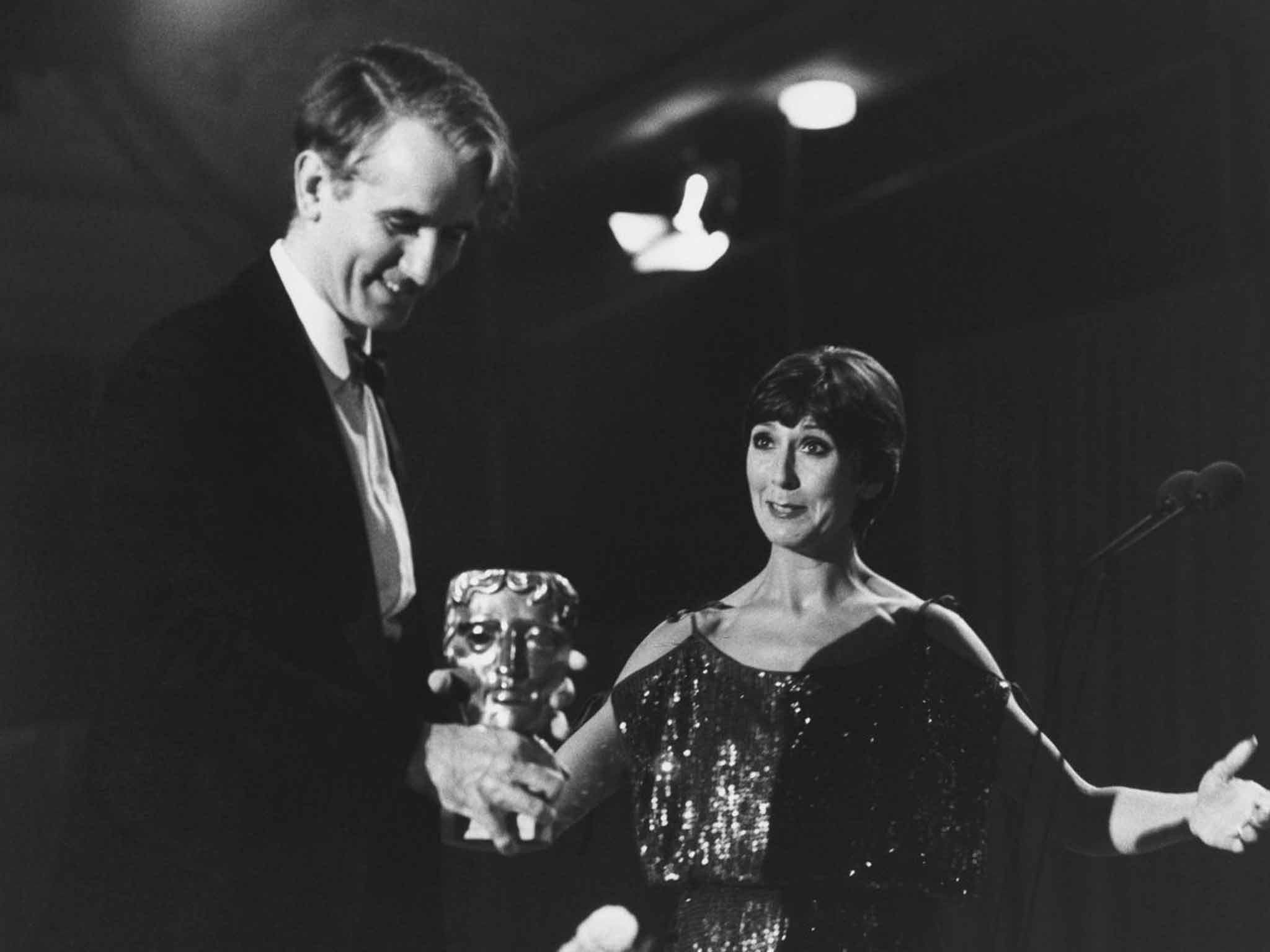Patrick Gowers: Award-winning composer best-known for his TV scores for 'Sherlock Holmes' and 'Smiley's People'
Gowers could equally well have tackled higher mathematics or advanced physics

With the death of Patrick Gowers Britain has lost a fine composer and a remarkable mind. Gowers' head was a special place: impeccably logical, clear in purpose, an engine for modesty and warmth. His friends regarded him with mixed awe and devotion. In later years he looked a sage, and was. Questions were not always answered immediately. There was a powerful digestive process. Then, after an interval, a brilliantly imagined and perfectly focused response.
The Gowers clan have always been exceptional. To a family record of scientific, literary, mathematical, and administrative achievement, Patrick brought his own exceptional skills. The hallmarks in all cases were rigour and imagination.
His great grandfather had laid the foundations of modern neurology; his grandfather's Plain Words, now updated by Rebecca Gowers, should – more than ever – be compulsory reading for civil servants and editors. Patrick's own mind was open, clear and above all his own. It showed intense interest in the activity of others and a delightful wit. Patrick never condescended. Laid low in 2001 by a massive stroke which tragically ended his own creative life, he remained a source of debate and testing questions on everything from the strategic balance to church ritual.
Gowers read music at Cambridge. He could equally well have tackled higher mathematics or advanced physics. It was believed as fact in the College that as a national serviceman he had already made a significant contribution to the Navy's anti-submarine capability.
As an undergraduate he could take the music tripos standing on his head. But he also thought deeply about the scientific basis and emotional possibilities of his subject. He tested the ground accordingly. He always dug deeper. His hero was Bach, his enemy the artificial distinction between "posh" and "popular". We debated the liberating function of popular dance forms in the serious music of the 17th and 18th centuries. Gowers itched to break the shackles of the conventional view. He pursued all this with passion but without prejudice.
He was a great companion for those less gifted. I was impressed by the thrill he got as a schoolboy cellist from Dvorak's American Quartet. I remember postgraduate evenings hacking together through Bach's violin and keyboard works at his lodgings – chosen because the landlady was deaf. Gowers shared his discoveries in the Harvard Anthology.
We memorised the brief two-voice Hymn to St Magnus – Orcadian, 12th century – performed to anyone who would listen and, most memorably, thanks to an intermediary with the key, got to sing it to ourselves in a darkened King's College Chapel. Gowers always relished the human and the comic. Gowers was himself nobilis and humilis but did not hide his views. I remember his identification of the composer's "mistake" in one particular bar of Don Giovanni, and his refusal to forgive a visiting professional German string quartet who played slightly flat at a music club.
His reservations about Cambridge by no means excluded classical teamwork – Haydn quartets at Clare College led by Roger Norrington, for example. But there were areas where few of us were qualified to follow. Gowers developed a fully furnished interest in jazz, sat in with the visiting John Dankworth, instructed many of us on the merits of Marty Paich and composed memorably for the Footlights.
He could so easily have made a professional life at Cambridge – and he would have flourished. To many of us this seemed the obvious way to go. But his originality and sense of mission prevailed. At the centre was rejection of the rigid divisions in British music-making.
It is hardly surprising that he felt drawn to the French pathfinders of the early 20th century; he was no conformist. Satie, his PhD topic, was himself wildly original. Gowers' interest in jazz and its contemporary US masters followed clearly from his sense of the indivisibility of good music.
But there was more: what he wanted from a life in music was the chance to write it himself. This was not a simple decision. It involved financial strain and obvious risks. But the quality of the product is as impressive as the range – highly successful scores for film (including Tony Richardson's 1969 Hamlet), stage, television and orchestra. His music for the excellent Jeremy Brett Sherlock Holmes series was arguably the making of it, and in 1983 he won a Bafta for his work on three series, Smiley's People, The Woman in White and I Remember Nelson. He wrote a fine organ toccata for Simon Preston and a fine guitar concerto for John Williams. In short, a musician's musician.
His finest compositions, at least in terms of personal satisfaction, were those for church occasions. His Ascension Day Anthem (St Paul's Cathedral) is now a standard item; his unfinished piece for the Gloucester Cathedral choir a monument to his vision and technique.
One would so wish to be able to say that Gowers died fulfilled. It is a difficult point to carry. The splendid mind was active until the end but so, manifestly, was frustration of an outstanding talent not realised to its fullest potential. Nevertheless Gowers' legacy, of the highest quality, will survive, as will his thinking on the meaning of music. And he was more than entitled to take enormous pride in the exceptional achievements of his and Caroline's children and grandchildren.
Patrick Gowers, composer: born London 5 May 1936; married 1961 Caroline Maurice (two daughters, one son); died 30 December 2014.
Subscribe to Independent Premium to bookmark this article
Want to bookmark your favourite articles and stories to read or reference later? Start your Independent Premium subscription today.

Join our commenting forum
Join thought-provoking conversations, follow other Independent readers and see their replies